What does wellbeing mean?
The term ‘wellbeing’ is used to define an individual’s health beyond one related to only measurement of the physical state.
Wellbeing takes into consideration the social, psychological, economic and environmental factors impacting on an individual’s physical and mental health.
Levels of wellbeing will fluctuate throughout life, according to external and internal influences that impact on an individual’s physical and mental state.
One could say that any individual who experiences feelings of happiness, along with contentment and general satisfaction with life is someone who enjoys a good level of wellbeing,
Participating in activities that feel meaningful to the individual involved is also key to experiencing wellbeing.
We help people experience wellbeing benefits by using nature. We involve people in a range of land management tasks, woodland crafts and outdoor cooking opportunities, providing physical exercise, learning new skills and social experiences, all important components of the wellbeing with nature mix.
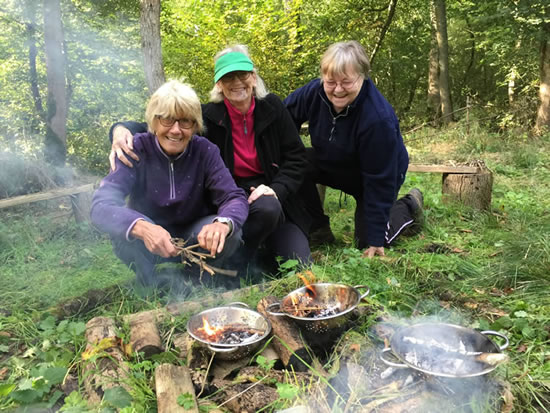
How to feel good and function well
You may well be relieved to hear that you don’t need to take a ‘boot camp’ route to develop physical and mental robustness with the aim of boosting wellbeing.
To “feel good and function well” does not require a high level of physical fitness, impossible for some people and unpalatable for others (so those of you who don’t want to aspire to run a marathon or even a mini-marathons, take heart).
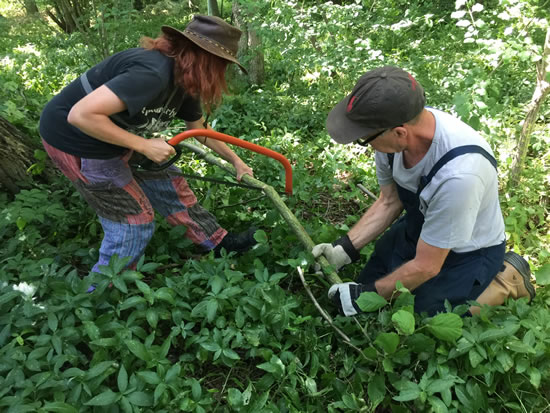
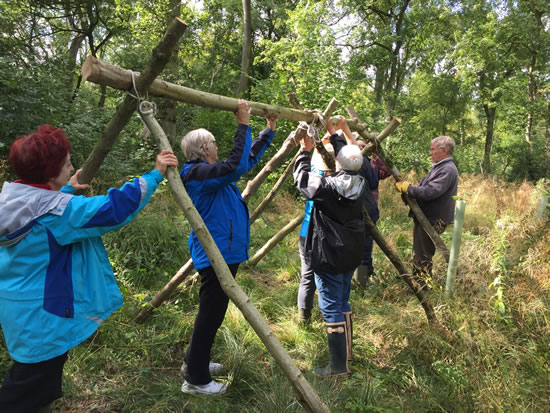

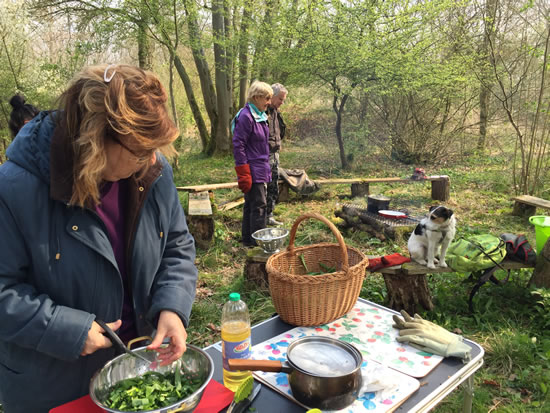
Nature immersion is an antidote to stress
Immersion in the natural world can help with promoting mood balancing, helping build resilience to feeling overwhelmed by life and/or negative emotions. Just 2 hours a week spent in nature can help build resilience and can even enhance immune function.
Involvement in a Wellbeing With Nature programme can boost ability to develop inner resources. Learning to manage emotions in response to stressful situations, or life change requirements that are beyond our control, are valuable skills that can be of benefit to both adults and children.
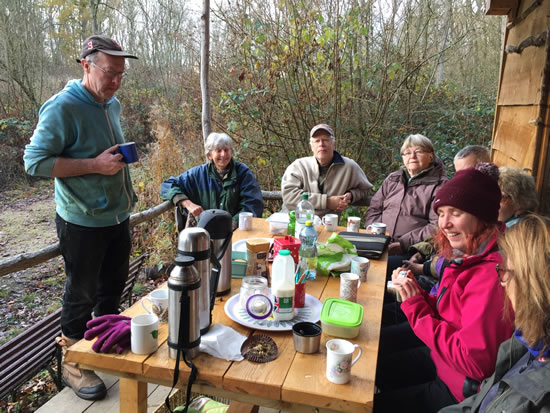
We help people develop mental robustness to feel good and function well through involving them in ‘small-step’ woodland management tasks to improve the biodiversity of the woodland. The woodland, in turn, cares for those involved by delivering wellbeing benefits linked to the 5 ways to wellbeing.
A wellbeing framework
We’ve worked for 5 years now with groups and individuals providing activities that reference the Five Ways to Wellbeing identified by The New Economics Foundation
Be Active – Encourage participants to build their physical fitness through involvement in light woodland management tasks designed to benefit biodiversity.
Connect – Be in contact with other people in formal and informal ways during sessions
Take Notice – Guide participants to develop greater awareness of the natural world and ultimately themselves, through slowing down and taking time to notice.
Keep learning – Involving people in activities that develop current skill-sets and build curiosity to try new things and even ways of thinking.
Give – Some of our Wellbeing With Nature participants go on to develop confidence to assist with monthly activity sessions for families with SEN children. Feedback from volunteers involved in our SEN sessions indicates that their involvement boosts their sense of wellbeing, being involved in something worthwhile, benefitting others.
Want to work with us?
We are geared up to work with individuals and groups at our place or yours

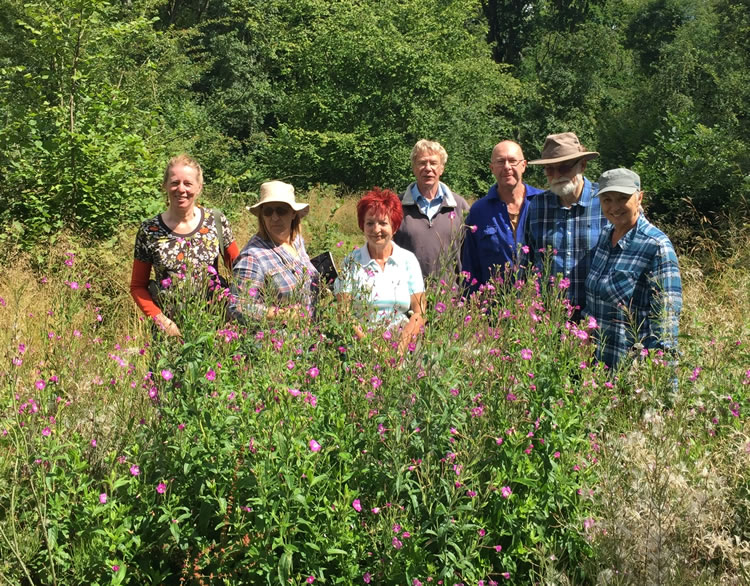
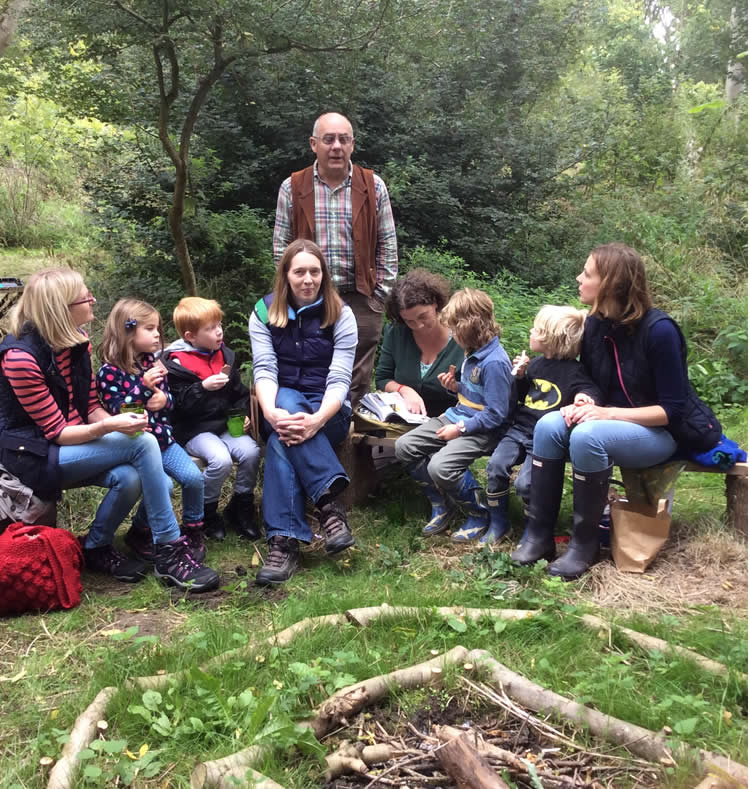
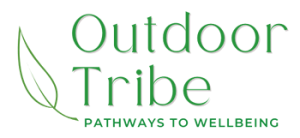
Recent Comments